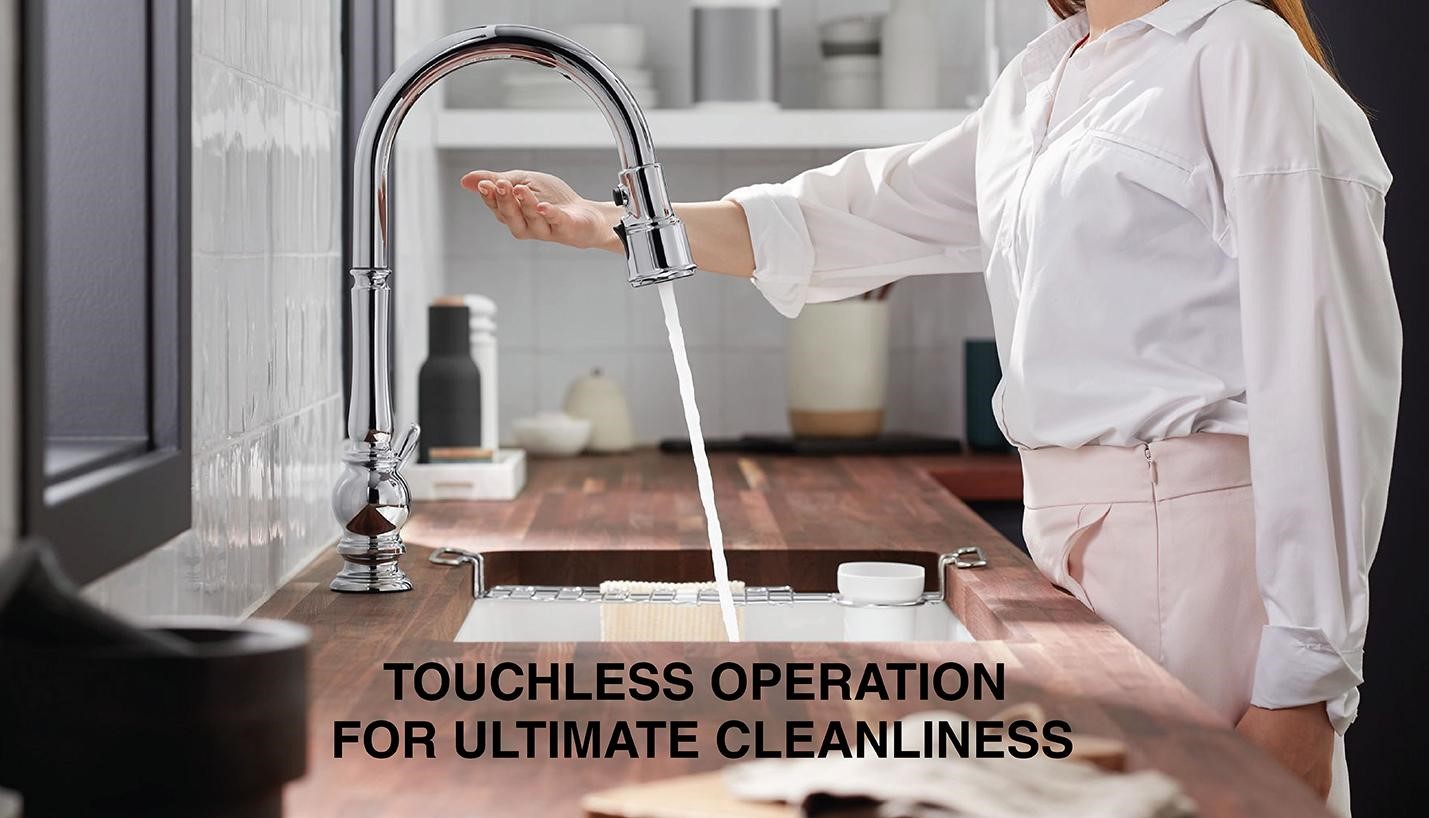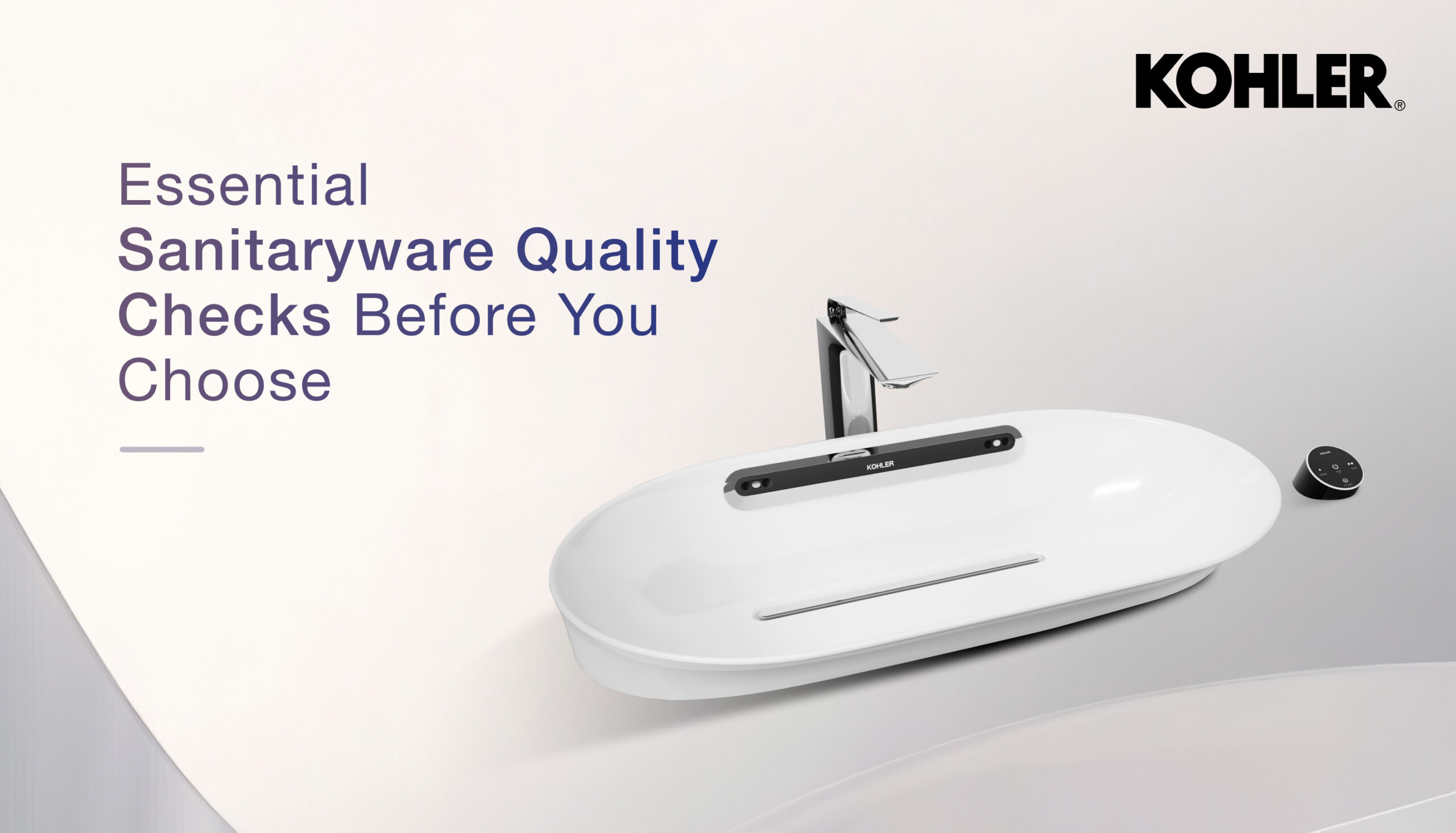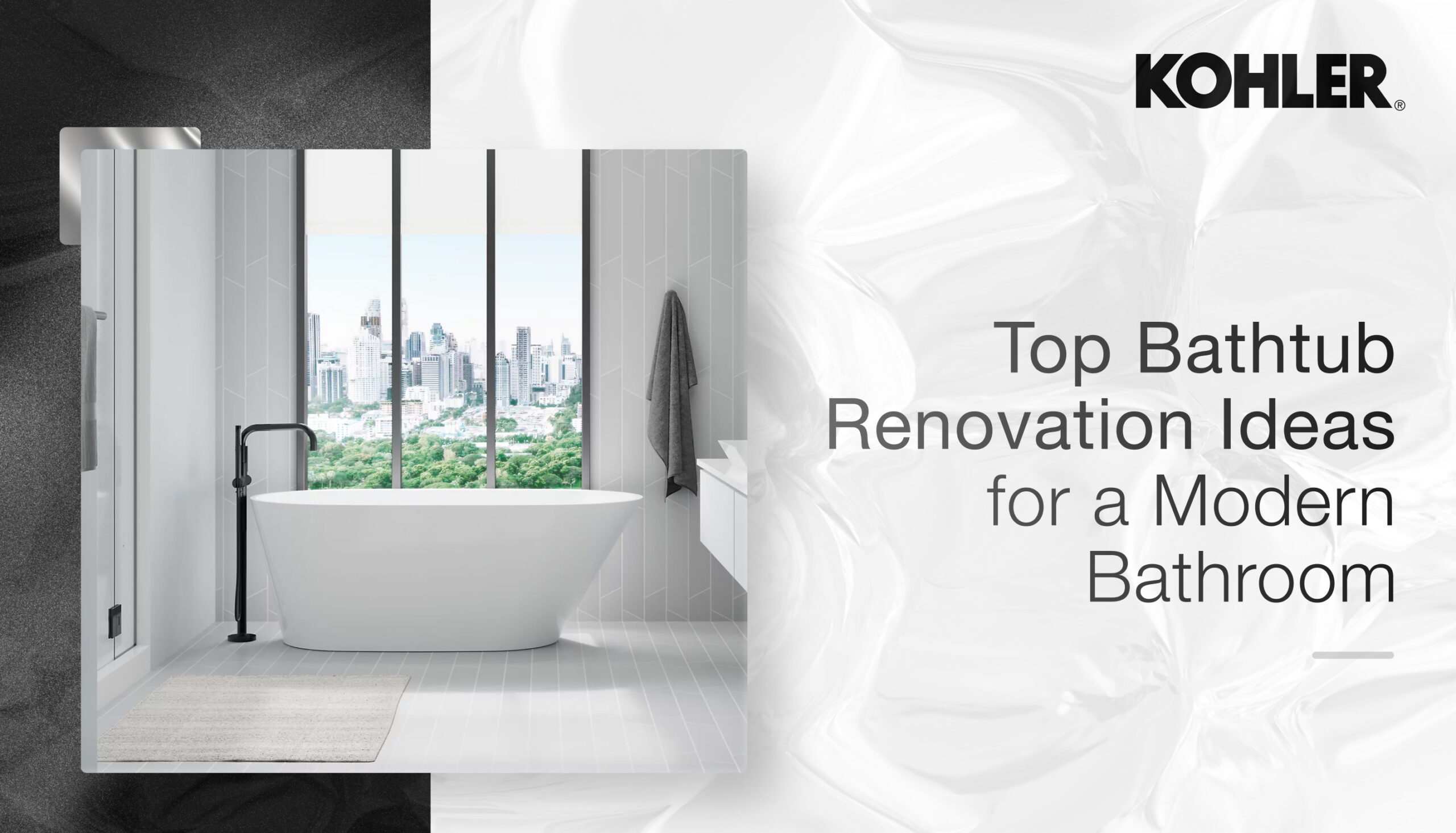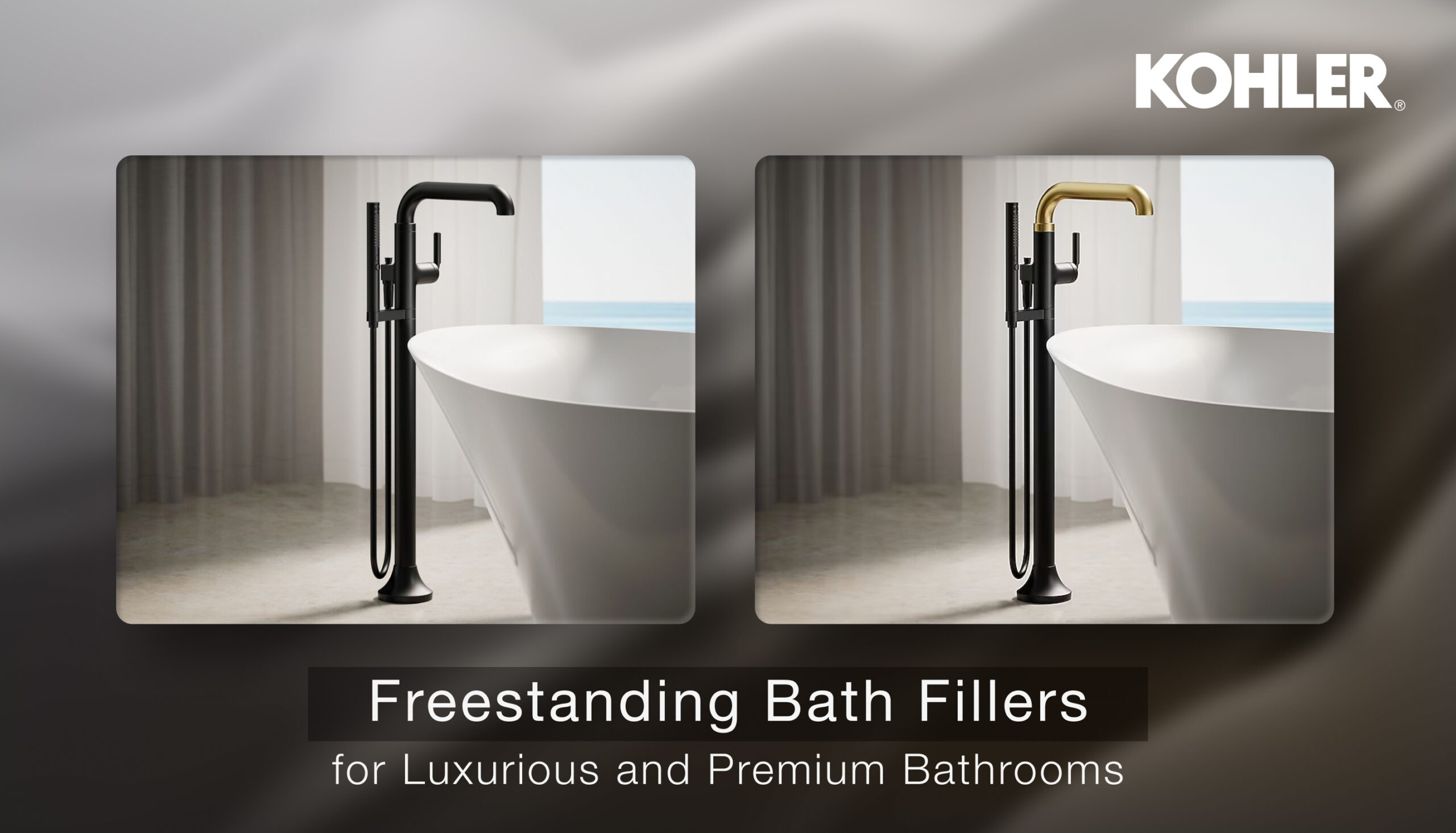Designing bathrooms with hygiene has become a top priority now and in the future. Touchless bathroom equipment like sensor taps is becoming increasingly popular in private houses and typical public environments. Sensor faucets don’t require any manual handling or operation.
Moreover, automatic sensor taps ensure health and well-being in the bathroom. Hand hygiene is essential at home; the same goes for hotels, restaurants, & other hospitality and catering environments.
Sensor taps have an in-built sensor that detects any movement. They are a technology solution that serves as barriers to protecting ourselves and others by properly washing our hands to stop illnesses & germs transmission.
Basin tap sensors improve users’ experiences by dispersing water through an aerator in the spout, requiring less water than traditional taps. They are very beneficial to whoever uses them. They provide more sustainable and reliable solutions to owners and users.
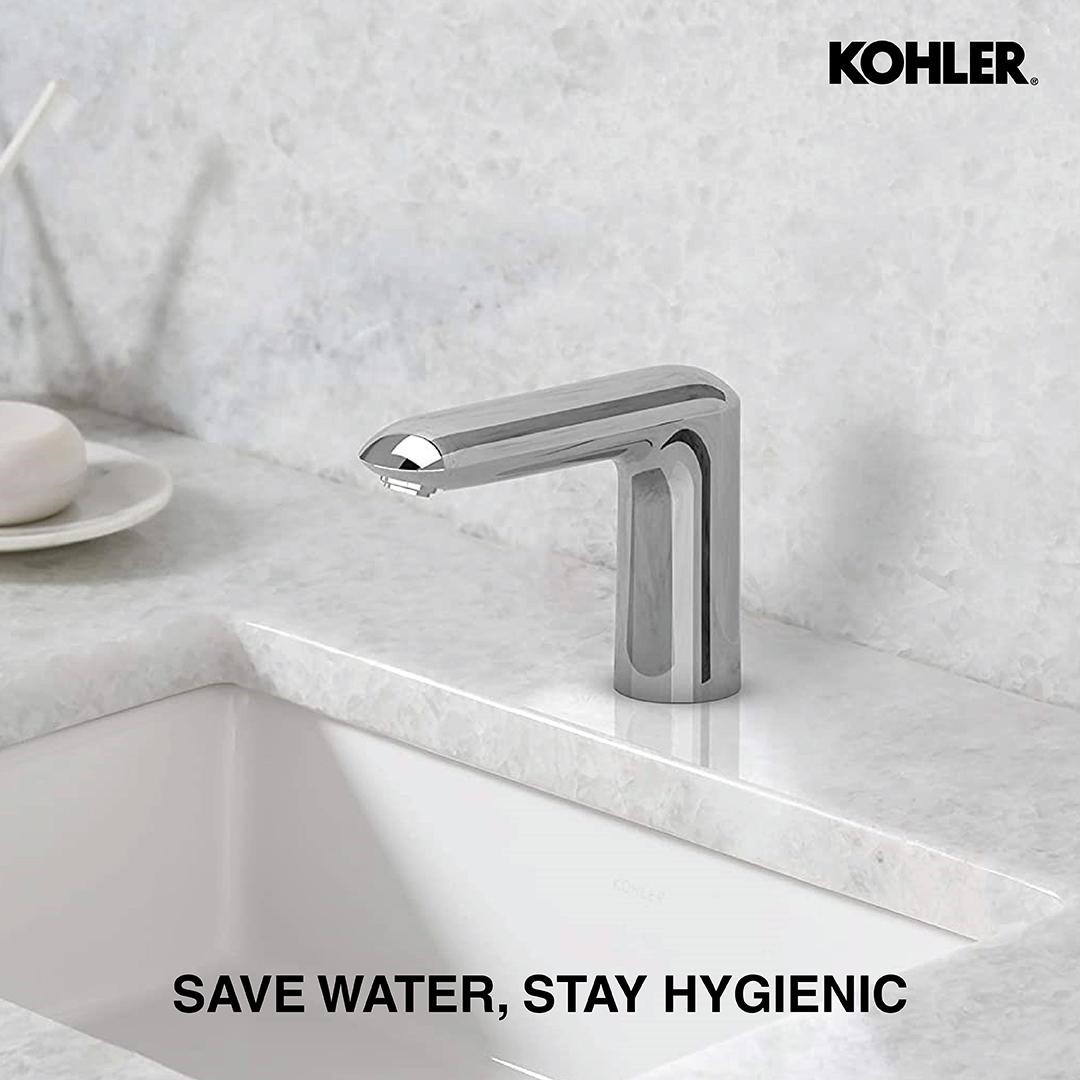
Here are the advantages of sensor taps that make them a must-have in today’s time:
1. Significant Water Savings
Sensor taps require significantly less water to clean than conventional taps. They usually have an aerator in the spout that distributes the water. Sensor taps, therefore, have substantially lower flow rates than conventional hand-operated basin taps. On average, water from traditional taps can use up to 10 to 15 liters/minute. Sensor taps use far less water than standard taps, reducing the amount of water wasted.
2. Efficient and Hygienic
The flow rate is yet another distinction between sensor taps and conventional taps. Sensor taps have a preset flow rate, whereas traditional methods require users to choose their desired flow. This is inefficient because users would expect the same flow 99 out of 100 times. Presetting the flow rate also helps to keep the bathroom cleaner and less likely to cause spills by preventing the user from choosing a solid flow rate.
3. Energy Savings
Numerous other aspects must be considered when assessing taps’ energy efficiency. Although conventional hand-operated taps don’t need electricity to function, they are incredibly wasteful in other ways.
Choosing the user’s desired flow and temperature wastes significant energy each time a typical tap is turned on. Conversely, sensor taps minimize the energy needed to adjust the water’s temperature by enabling you to maintain it at a steady temperature. Sensor taps consume less energy than conventional taps for the same reason.
4. Highly Durable
People always worry about costly maintenance when considering automatic and smart taps. Sensor taps for washbasins require less maintenance than regular taps.
Standard taps have handles that must be turned to function, keeping the handle mechanism frictional. Even frequent tap users move the handle while holding a wet object, causing a small quantity of water to seep into the handlebars.
As a result, the tap becomes corroded, damaged, and malfunctions. Routine maintenance is necessary to guarantee that the tap’s mechanics operate smoothly.
On the other hand, the sensor bathroom taps work the other way. Their sleek, robust, and uncomplicated design ensures maximum comfort.
5. Far More Sanitary than Conventional Taps
As mentioned before, increased hygiene is one of the main benefits of sensor taps. The user is not obliged to touch the tap while washing their hands. This implies that there can be no user-to-user cross-contamination. Installing such technologically advanced sanitary gear could be helpful, especially after the pandemic, when health and cleanliness are paramount.
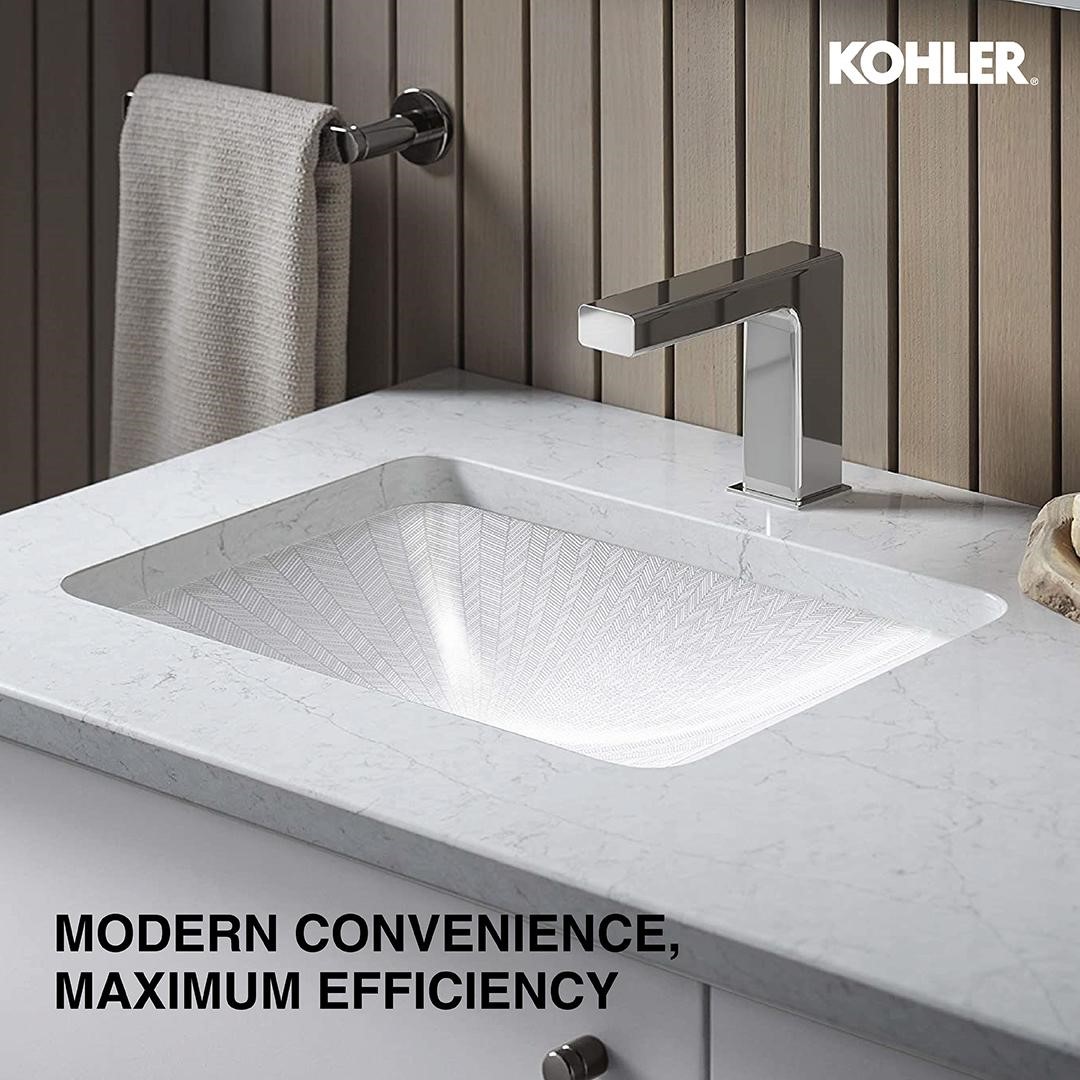
Closing Thoughts
Sensor faucets are among the best investments for your bathrooms or any other area because they are so effective. They also have numerous environmentally beneficial qualities. Because of the completely touchless nature of the Kohler sensor tap, users and the tap do not need to come into contact physically for the tap to function. This assists users in establishing and preserving a more hygienic and secure environment for all lavatory users. This also reduces the product’s wear and tear—even in crowded or busy restrooms. In the long term, this element ultimately leads to increased durability.
Find Kohler Showrooms Near you in Nepal
Frequently Asked Questions
Q1. What is the purpose of a sensor tap?
A sensor tap enables users to wash their hands without touching the regular lever tap, hence minimizing the cross-contamination risk when preparing food.
Q2. How does a sensor faucet work?
It is equipped with an inbuilt sensor to identify any movement, including raising hands or other objects. The sensor tap releases the water flow when it detects such movement.
Q3. What sensors are used in water taps?
Different sensors are used in different taps. Kohler sensor taps use state-of-the-art sensors that respond in milliseconds.
Q4. Do sensor taps need electricity?
Yes, sensor taps employ batteries or electricity to function.

